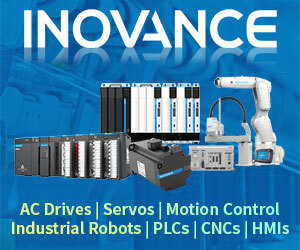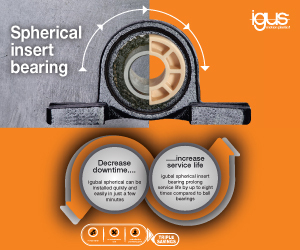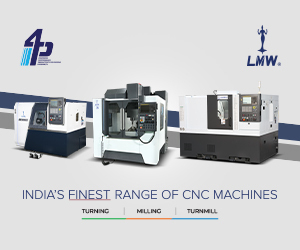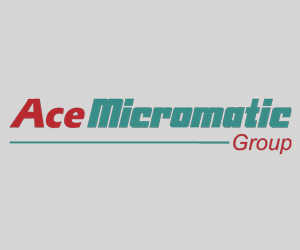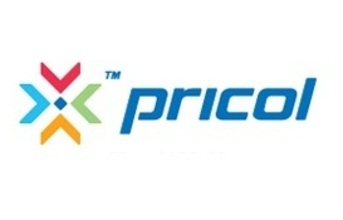
Automotive components manufacturer Pricol Ltd has signed binding agreements to acquire 100% of the wiping systems business of Ashok Piramal group's PMP Auto Components Pvt. Ltd. The acquisition would be undertaken by Pricol Limited through its wholly owned subsidiaries.
The transaction will be funded by a combination of internal accruals and external debt. The transaction would be EPS accretive to the shareholders of Pricol and the profitability is expected to further improve upon integration of the business with Pricol.
PMP had acquired this business in 2008 from Magna and is presently running manufacturing facilities in Czech Republic, Mexico and India. The business is supplying wiper motors to global automotive customers including VW, Fiat, John Deere, Skoda, Audi, Seat and has a turnover of around Rs. 250Cr currently with a confirmed order book and revenue visibility of more than Rs. 450Cr in FY 2020.
The acquisition will help Pricol diversify its product offerings and provide access to manufacturing facilities in Europe and North America, where it currently does not have a footprint, helping it cement its status as a global supplier. Additionally, with this acquisition, Pricol will increase its presence with Passenger vehicles customers diversifying revenue streams and opening up multiple cross selling opportunities.
Pricol also expects to realize substantial synergies within the first couple of years to further boost the financial performance of the business. Pricol's focus as an auto component supplier and experience in low cost production and sourcing can be leveraged by the target businesses for realizing cost savings in sourcing raw materials and reducing manufacturing overheads. Joint R&D is also expected to reduce product development costs.
(Continued on the next page)













